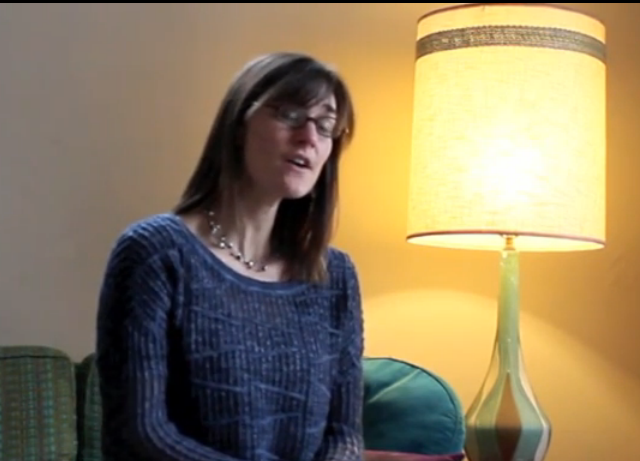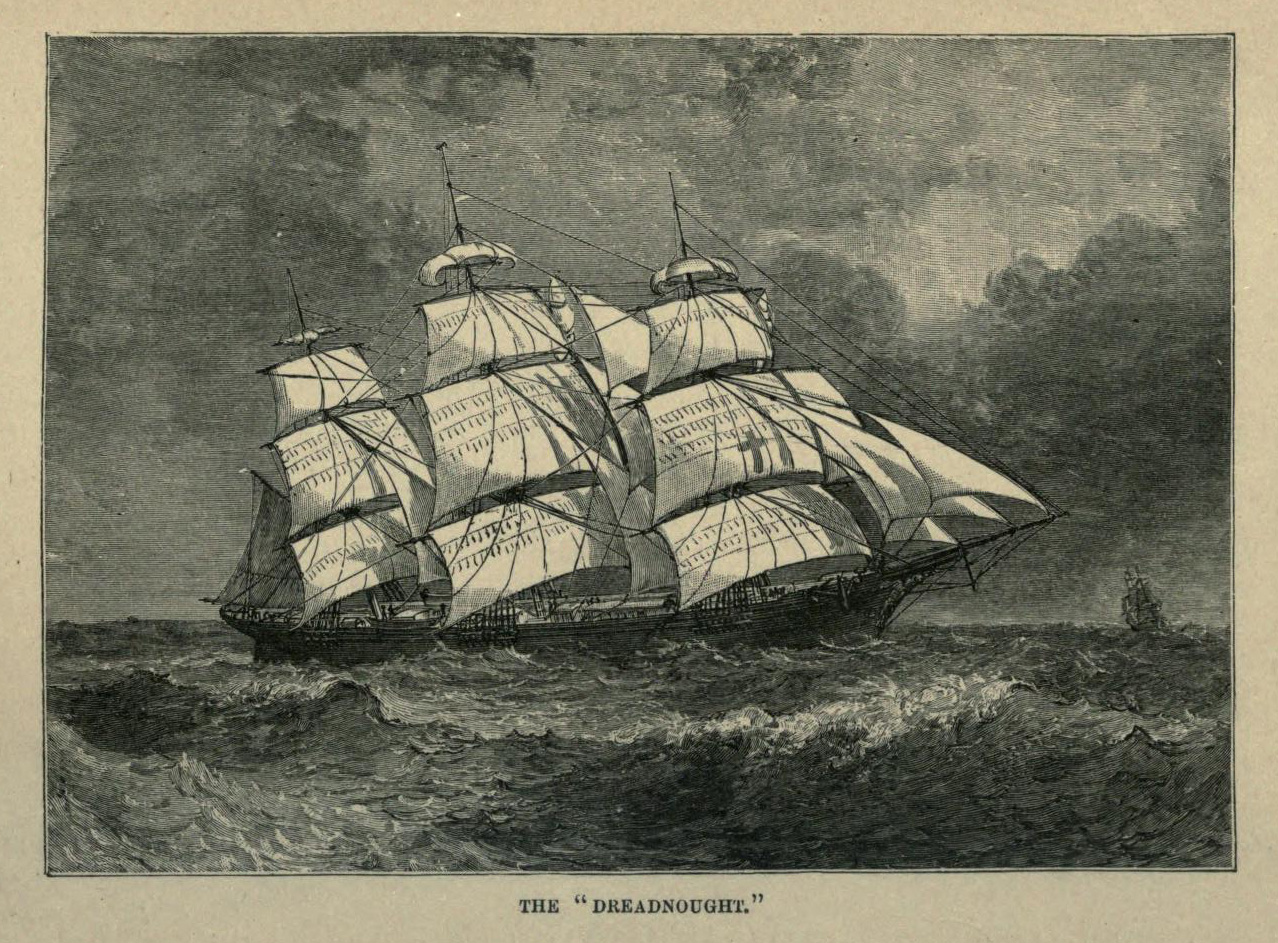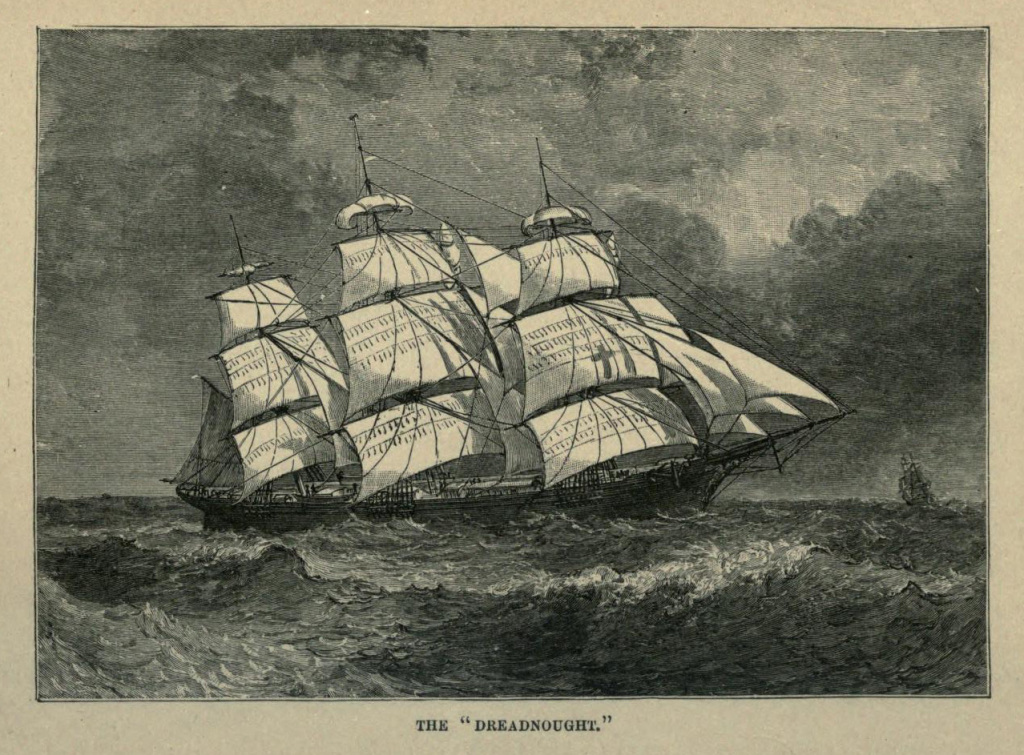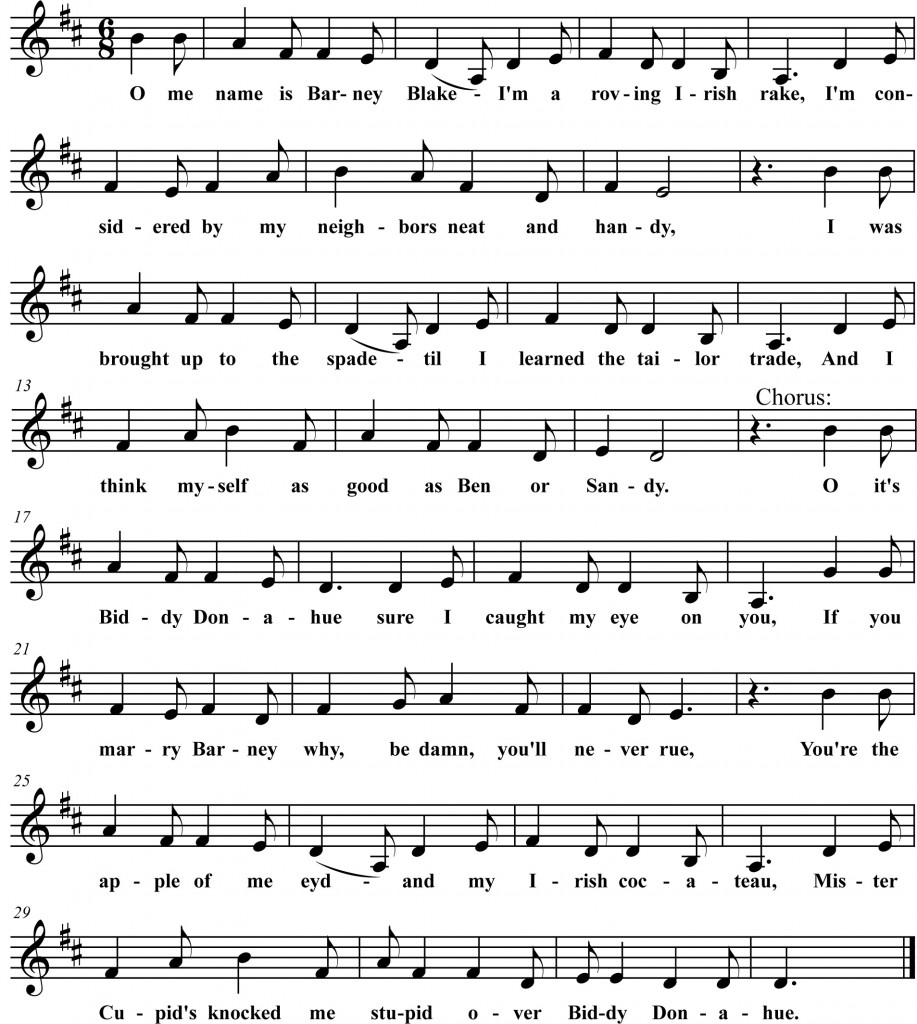You Rambling Boys of Pleasure

This month we feature a performance of the song of the month, “You Rambling Boys of Pleasure” by Norah Rendell!
Norah’s album Spinning Yarns does not include “You Rambling Boys of Pleasure” but it does feature four other beautiful songs from Angelo Dornan’s repertoire.![PrintMusic! 2004 - [Ye Rambling Boys of Pleasure]](http://www.evergreentrad.com/wp-content/uploads/2014/12/You-Rambling-Boys-of-Pleasure-1024x594.jpg)
Oh you rambling boys of pleasure, join in in those few lines I write,
It is true I am a rover, in roving I take great delight,
When infirmity shall overtake me, old age will force me to roam no more,
But til youth and strength forsake me, I will seek adventure on some foreign shore.
What a foolish boy was I, for to get fond of anyone,
Sure I had my choice of twenty, if ever I chose to wed at all,
I placed my mind on a young girl, often times I thought she did me slight,
Yet my mind was never easy, but when that girl was in my sight.
Oh she told me to take love easy, just as the leaves fell from the tree,
And I being young and foolish, to please my love I did agree,
I believed I could gain her favor, but as time went on it was plain to see,
That my love was unrequited, my blind devotion made a fool of me.
Oh must I go away broken hearted, for to court a girl I never knew?
Or must I be transported, kind cupid won’t you set me free?
I wish I were in Dublin, with a flowing bowl on every side,
Hard fortune will never grieve me, for I am young and the world is wide.
__________________________
My wife Norah Rendell is about to release an album of traditional songs collected in Canada called Spinning Yarns. The recording includes songs collected in Newfoundland, Nova Scotia, New Brunswick, Quebec and Ontario (with nods to Wisconsin and Maine sources as well)—all material that would fit well in this column. I am thrilled to have played on the recording and I am also delighted that Norah is lending her beautiful voice to the revival of the northwoods branch of the Irish tradition! After the past 8 years of poring over hundreds of recordings and transcriptions of singers from the Maritimes to the Great Lakes, I am still amazed at how many wonderful songs and singers were spread throughout this part of the world. I am also struck by how little-known this fascinating music is. Norah’s album will surely kindle more interest in these rich traditions.
The source singer most represented on Spinning Yarns is Angelo Dornan of Elgin, New Brunswick. For anyone that might question connections between the traditional singing styles of Ireland and that of the northwoods regions, Dornan’s highly-ornamented singing is a revelation. I transcribed this month’s song from a recording made by collector Helen Creighton at Dornan’s home in September 1954.




